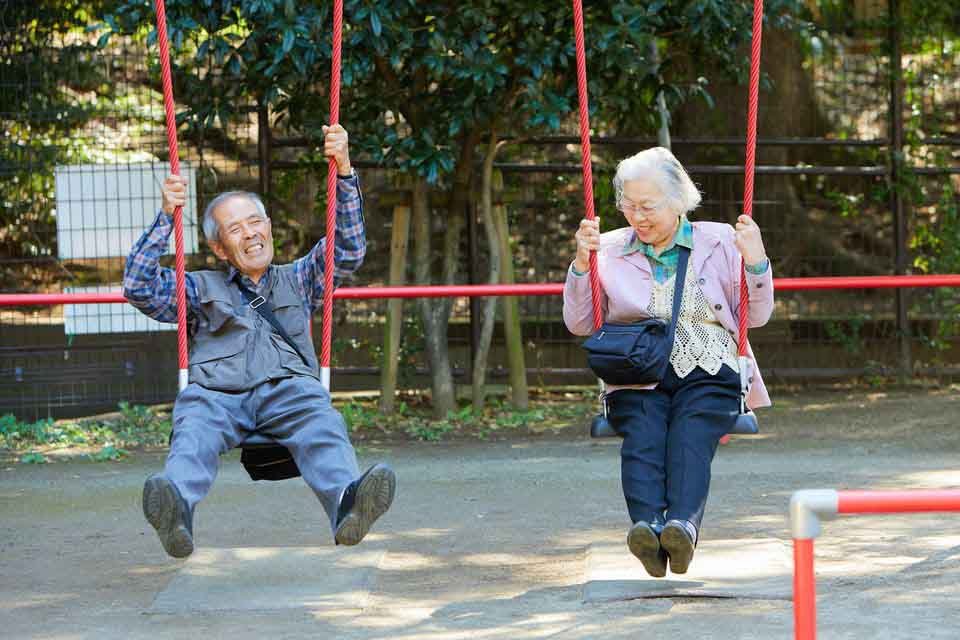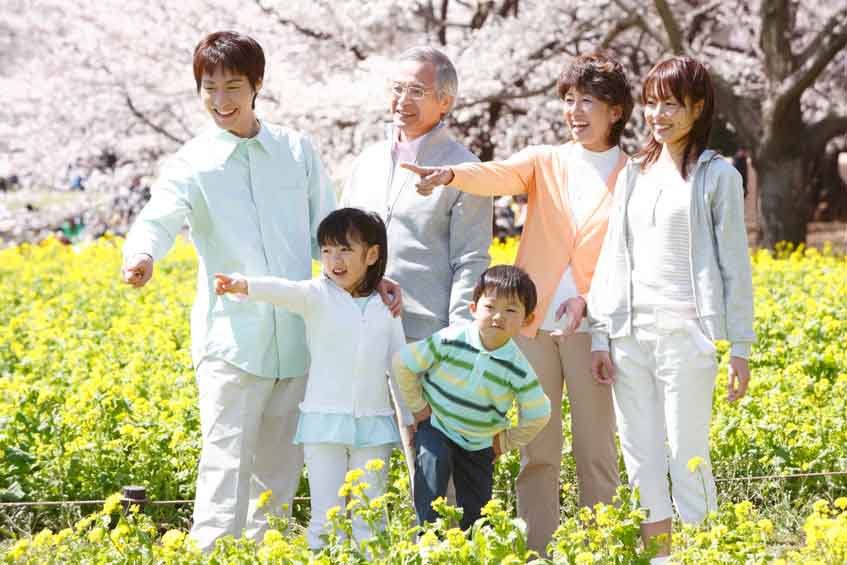
Tokyo, August 7, 2024 — Japan has experienced its first decline in life expectancy in a decade, according to new data released by the Ministry of Health, Labour and Welfare. This unexpected shift marks a significant development in the nation known for its high life expectancy rates and advanced healthcare system.
Decline in Japan Life Expectancy
For the first time in ten years, Japan’s life expectancy has shown a decline. The latest figures reveal that the average life expectancy for women has decreased to 87.3 years, down from 87.5 years last year, while for men, it has dropped to 81.1 years from 81.3 years. Although the decline may seem small, it is a notable reversal in a country where life expectancy has consistently been among the highest in the world.

Factors Contributing to the Decline
Several factors have contributed to the decline in Japan life expectancy. Health experts point to an increase in lifestyle-related diseases, such as diabetes and heart disease, as significant contributors. Additionally, the COVID-19 pandemic has had a lingering impact, with delayed medical treatments and long-term health effects affecting the population.
Dr. Aiko Yamamoto, a public health expert at the University of Tokyo, stated, “The rise in lifestyle-related diseases, combined with the ongoing effects of the COVID-19 pandemic, has significantly impacted overall health outcomes. This decline in life expectancy serves as a wake-up call for public health policy and individual health behaviors.”
Aging Population and Healthcare Challenges
Japan’s rapidly aging population has also placed a strain on the healthcare system. With nearly 30% of the population aged 65 and older, the country faces increased healthcare demands and associated costs. The decline in Japan life expectancy highlights the urgent need for reforms to ensure sustainable and effective healthcare for the elderly.
Government Response to Life Expectancy Decline

In response to the decline in Japan life expectancy, the Japanese government is taking several measures to address the underlying causes. Prime Minister Fumio Kishida has announced a comprehensive health initiative aimed at promoting healthier lifestyles and improving access to medical care.
“We are committed to reversing this trend and ensuring that all citizens have the opportunity to live long, healthy lives,” said Prime Minister Kishida. “Our new health initiative will focus on preventive care, chronic disease management, and support for the aging population.”
Public Health Campaigns
The government has launched several public health campaigns to raise awareness about the importance of healthy living. These campaigns include educational programs on diet and exercise, smoking cessation support, and regular health check-ups. By encouraging healthier habits, officials hope to reduce the prevalence of lifestyle-related diseases and improve overall health outcomes.
Impact of COVID-19 on Life Expectancy
The long-term effects of the COVID-19 pandemic cannot be overlooked. The pandemic has disrupted healthcare services, delayed routine medical check-ups, and caused a surge in mental health issues. These factors have collectively impacted Japan life expectancy.
Dr. Kenji Nakamura, a senior researcher at the National Institute of Public Health, explained, “COVID-19 has had a multifaceted impact on public health. Beyond the immediate effects of the virus, we are seeing consequences related to delayed medical care and increased stress and anxiety levels. Addressing these issues is crucial for improving life expectancy.”
Community Efforts and Future Outlook

Community organizations and non-profits are playing a vital role in supporting health initiatives. Local groups are organizing wellness programs, providing resources for chronic disease management, and offering social support to elderly residents.
The decline in Japan life expectancy serves as a reminder of the importance of continuous public health efforts and the need for adaptive strategies to meet changing health challenges. With concerted efforts from the government, healthcare providers, and communities, there is hope that life expectancy will once again rise, reflecting the resilience and adaptability of the Japanese people.
Personal Stories
Amid the statistics, personal stories of those affected by the decline in Japan life expectancy are emerging. Hiroshi Tanaka, a 70-year-old retiree, shared his concerns about the future: “I have always taken pride in our country’s healthcare system and longevity. This news is worrying, but I believe we can work together to improve our health and support each other.”
These stories highlight the human aspect of the data and the importance of community support in addressing public health challenges.
International Perspective
The decline in Japan life expectancy has drawn attention globally, with health experts from other countries studying the factors involved. Japan’s experience serves as a case study for understanding the complex interplay of aging populations, lifestyle diseases, and the impact of global pandemics on life expectancy.
As Japan navigates this challenging period, the lessons learned will be invaluable not only for the country but for the international community in enhancing public health strategies and improving life expectancy worldwide.
Stay tuned for further updates on Japan’s efforts to address the decline in life expectancy.
